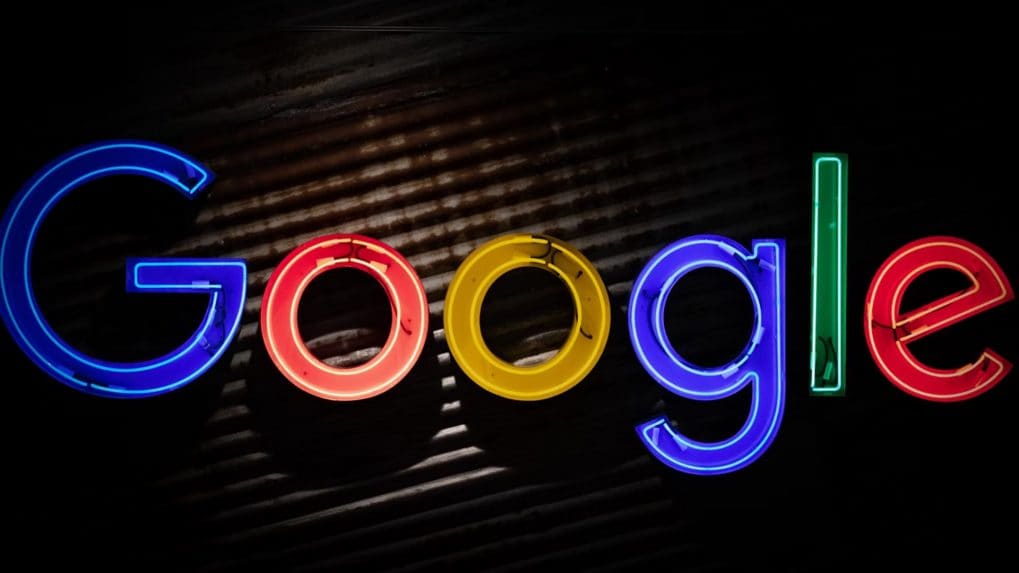Karnataka HC clarifies corporate liability; Google India not liable for YouTube content
The Court noted that Google’s terms of service explicitly differentiate between Google India and Google LLC, and that Google India is merely a wholly owned Indian subsidiary with no operational control over platforms like YouTube, which is owned and operated by Google LLC.
ADVERTISEMENT
The Karnataka High Court has held that Google India Private Limited cannot be sued for allegedly defamatory content posted on YouTube or platforms operated by Google LLC, its US-based parent company, Bar and Bench reported.
As per the media report, the judgment delivered by Justice Vijaykumar A Patil on July 9, draws a clear distinction between Google India and Google LLC, observing that corporate subsidiaries cannot be held liable for the actions of their parent companies unless there is specific evidence of involvement.
The case arose from a defamation suit filed by a woman against 21 parties, alleging that they had either published or enabled the publication of defamatory material that harmed her reputation. Google India was one of the named defendants, but the High Court ruled that there was no specific allegation or material presented to show that Google India hosted, published, or was in any way responsible for the disputed content.
The Court noted that Google’s terms of service explicitly differentiate between Google India and Google LLC, and that Google India is merely a wholly owned Indian subsidiary with no operational control over platforms like YouTube, which is owned and operated by Google LLC, a company incorporated in the United States and itself a subsidiary of Alphabet Inc.
"In the entire plaint there is no whisper as to what was the defamatory material that the petitioner (Google India) had published, web-hosted, or posted," the Court observed. “Even along with the plaint, nothing is placed on record before the trial court to contend that the petitioner has posted, web-hosted, the defamatory material.”
Read More: Google rolls out web guide that uses AI to rethink search results
The ruling reinforces the legal principle of corporate separateness, especially relevant in the age of global digital platforms where subsidiaries and parent companies often operate across different jurisdictions with distinct legal responsibilities. Google India, which is incorporated under Indian company law and headquartered in Bengaluru, successfully argued that it had no role in hosting or controlling YouTube content and therefore should not be party to the suit.
As a result, the High Court directed the trial court to strike Google India off the list of defendants, providing relief to the company in what could otherwise have been a precedent-setting intermediary liability case.
Read More: Google’s goo.gl short links to break permanently from August 25
Read More: Google’s new AI tool turns photos into short videos without editing


